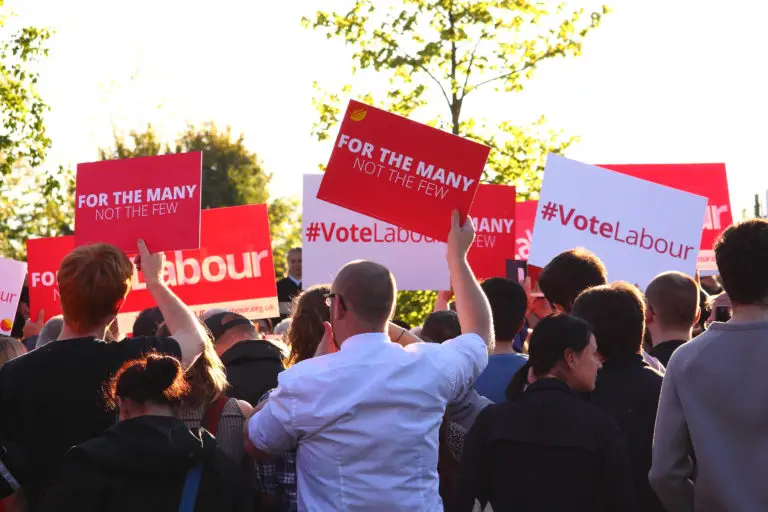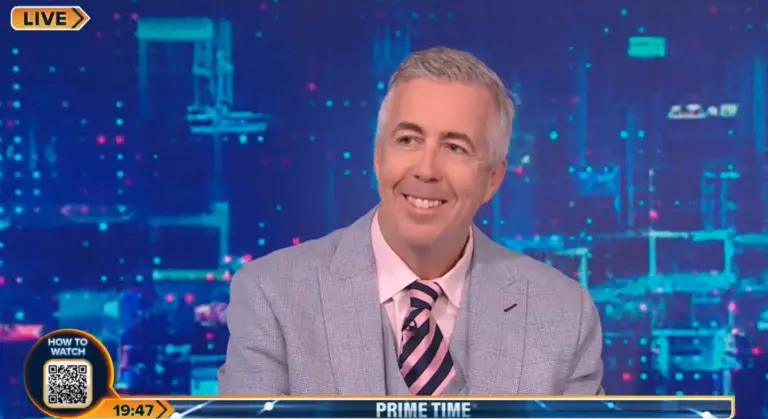From the scrapping of the old Clause Four under Blair, to the introduction of One Member One Vote under Miliband, at some point every Labour leader tries to reshape the party in their own image before their tenure is up.
Starmer it seems is no different, narrowly passing a package of reforms to the way future leaders are elected and MPs can be replaced.
What exactly has the leadership changed?
In short, it is now far harder for Labour members to deselect an MP (you now need 50% of local members to agree to a primary vote, up from 33%), only Labour members can vote in leadership elections (no more one-off registered supporters or “three quidders”), potential leaders now need twice as many MPs to back them to get on the ballot (from 10% to 20%) and only those who have been party members for six months can vote for the next leader.
Many reasons for these reforms have been given by the leadership, including reducing the distraction of primary attempts on sitting MPs, allowing more time to be spent taking the fight to the Tories. However for many on the left, these changes are an attempt to secure the power of the right of the party in any future leadership election and to protect “moderate” MPs in more left-led consistencies from deselection.
What will this mean for future Labour leadership contests and elections?
Regardless of politics, this will undoubtedly mean that fewer candidates will be able stand in future leadership elections which will likely narrow the debate and reduce the voice of the left.
In order to win the “selectorate” in 2019 and compete against more leftwing candidates such as Long-Bailey and Nandy, Starmer had to make a number of supportive comments around the renationalisation of mail, rail, water and energy (comments he has had to walk back over the course of the conference this week); under these new rules, it’s likely no candidate would be able to stand who supports such reforms openly, allowing the debate to move rightwards without fear of being outflanked (as the Corbyn team successfully managed in 2015).
These new rules will also reduce supposed “entryism”, making it harder for those outside the current membership to join quickly and help realign the party around a new leader. Again this will reduce the power of disaffected former members who may rejoin to support a Corbyn-like candidate.
Will the Labour left break away and form a new party?
Unlikely.
Both times that the right of the party have been out of power since ‘81, they have ended up forming major MP-backed breakaway parties (The SDP and Change UK respectively). The left have usually organised from within the party – through insurgent groups and vessels such as the Socialist Campaign Group of MPs and latterly Momentum. Although TUSC, NIP and Breakthrough have had occasional moments of social media attention, none have seen crossover from Labour members in great number and none have managed to flip an MP to their cause.
It seems far more likely that left-leaning members will simply turn their back on party politics and join other external campaign groups from the fringes, biding their time until another such “Corbyn moment” presents itself. They may find that Kier’s new “six months of membership to vote” rule will bar them from repeating such a leadership revolution ever again…
What will this mean for the next General Election?
Labour’s “Forever War” drama may catch headlines and cause frustration for members on all sides, but it will likely take a backseat when it comes to the national conversations surrounding Britain’s Covid response, Brexit and Boris Johnson’s leadership. The effects will only truly be felt if Starmer loses the next election, as these new rules may result in the left being entirely locked out of fielding a candidate and therefore barred from meaningfully joining any debate about the party’s future. At that point, the likelihood of a large-scale breakaway socialist party being created becomes a much more imaginable prospect…





